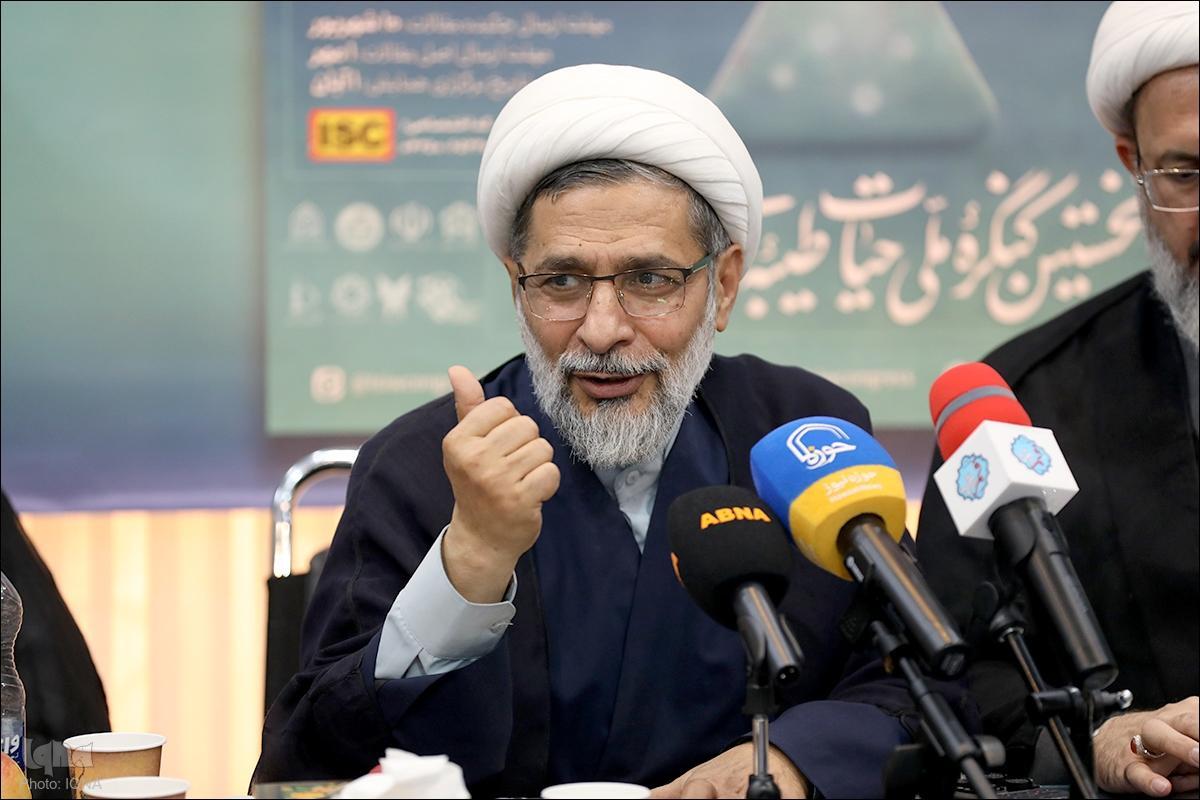Initiative Launched to Document the Lives of 84,000 Muslim Scholars

The effort aims to collect and analyse biographical, intellectual, and ethical records of Islamic scholars throughout history, creating a structured framework for future research and cultural preservation. The project is expected to culminate in the establishment of what organizers describe as the largest museum dedicated to Muslim scholars in the Islamic world.
Hojat-ol-Islam Hamid Mohammadi, a member of the policy council of the congress, said during a press briefing in Tehran that “examining the blessed lives of Muslim scholars is among the most important issues that has long been overlooked.”
Read More:
He noted that the research team has so far extracted 33,000 biographical titles from the lives of scholars, with the aim of using them as models for education and social guidance.
“We have compiled a comprehensive list of scholars active in political fields and introduced dozens of new classifications for the first time,” he said.
Mohammadi explained that the first stage of the project involved the study of 84,000 religious scholars within those 33,000 categories. The ultimate goal, he added, is to build an extensive database that will serve as a foundation for a museum and digital archive.
He said the project examines four key dimensions — the conditions, thoughts, sayings, and actions of scholars — and has already identified 1,100 active institutions working in this area.
“Since 2018, we have organised 80 million data points, and the next stage is to develop algorithms to align these with the Quran, Hadith, and the legacy of leading scholars,” he said.
The long-term goal, according to Mohammadi, is to expand the data collection to 1.5 billion entries, enabling a more comprehensive study and model-building process. “Through this congress, we extend a hand to thinkers and concerned scholars across the Islamic world,” he added.
Read More:
He also outlined plans for applying the research in practical contexts such as professions and education, saying that the most crucial phase will be implementation.
The international congress is scheduled for October 23, with 80 research papers already submitted.
Mohammadi noted that the Islamic world possesses “a rich civilizational heritage,” and that rediscovering the intellectual and moral legacy of its scholars could help strengthen cultural and educational foundations for future generations.
4308421



